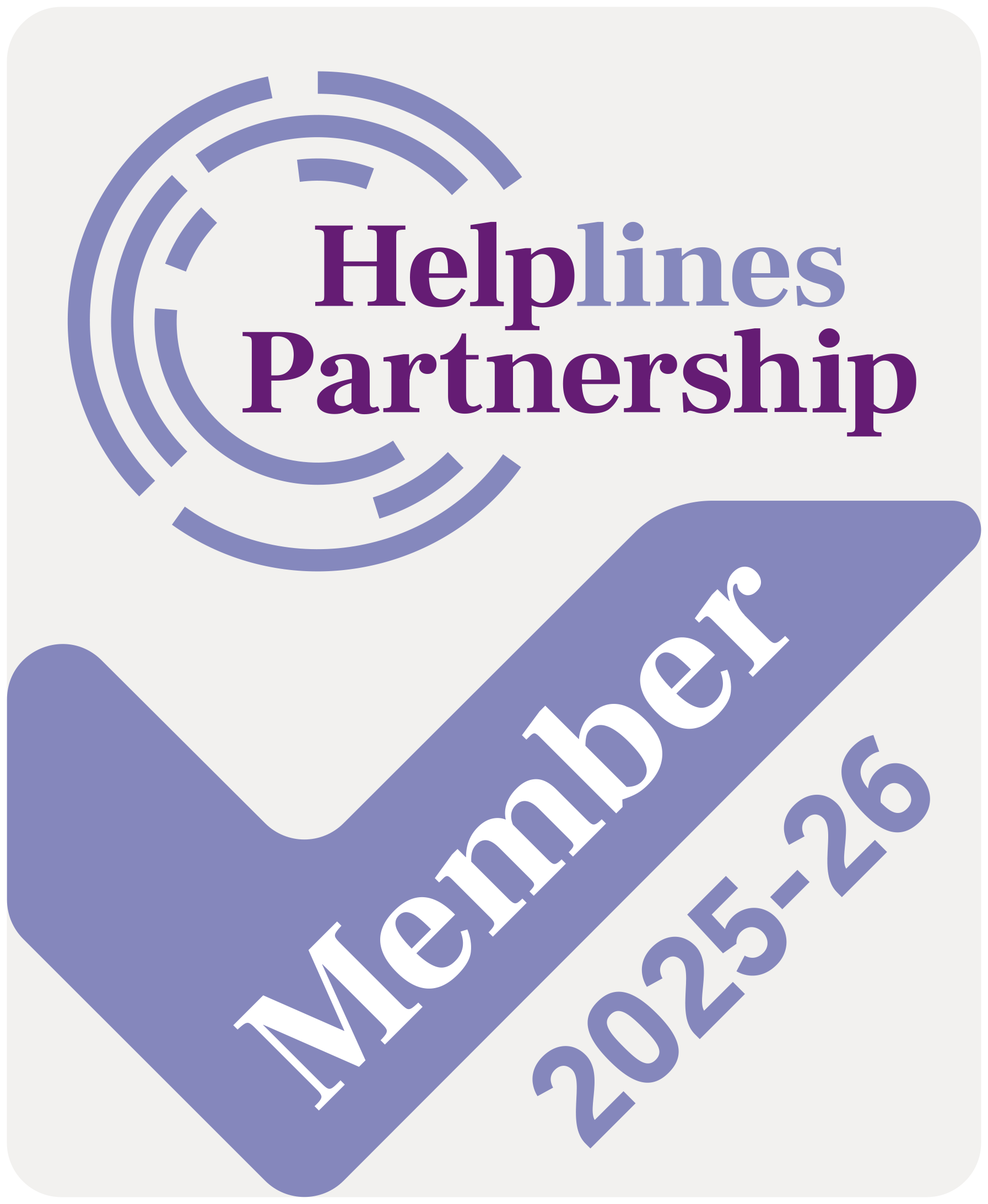BOOKS FOR CHILDREN:
Most of our favourite picture books for children can be found on the Little Parachutes website:https://www.littleparachutes.com/category/health/disabilities/
Waterstones has a large selection of novels for older children featuring disability and difference here: https://www.waterstones.com/category/childrens-teenage/personal-and-social-issues/disability-and-special-needs/page/1#p_8033855
We would add these:
FOR CHILDREN
I’m The Big Sister Now by Michelle Emmert
Nine-year-old Michelle describes the joys, loving times, difficulties, and other special situations involved in living with her older sister Amy Emmert, who was born severely disabled with cerebral palsy.
Wonder by R.J. Palacio
The best-selling story that has been made into a best-selling movie of a teenage boy with a genetic disorder that causes facial disfigurement. The most moving, empowering tale.
Don’t Call Me Special: A First Look at Disability by Pat Thomas
This book looks at what it’s like to be a disabled child, while mostly positive it does include some of the frustrations of the child themselves and their family and friends.
Amazing by Steve Anthony
A little boy and his pet dragon are the very best of friends. They laugh, they sing, they dance, they snooze. They are both amazing – just like everyone else!
Sleepovers by Jacqueline Wilson
Daisy wants to invite her friends for a sleepover but is worried they will make fun of her sister Lily – because she is disabled. Good for siblings.
Treehouse At Number 9 by Sara Jackson, Karen Shooter and Mel Cohen
A gang of friends who happen to have genetic disorders turn their “disabilities”into superpowers.
Goodbye Daisy by Steph Nimmo
A story book written to help children with disabilities understand bereavement. Steph wrote the book after her own daughter died from complications of a genetic disorder.
Books FOR ADULTS
Far From The Tree by Andrew Solomon
Solomon interviewed more than 300 parents for his study of parenting children with “difference”. This includes many forms of learning disability, genius and physical difference but is fascinating.
Shut Up About Your Perfect Kid by Gina Gallagher and Patricia Konjoian
Sisters Gina and Patty speak honestly and with great humour about the frustrations, sadness, and stigmas they face as parents of children with disabilities (one with Asperger’s syndrome, the other with bipolar disorder). They offer strategies to cope.
How To Raise A Happy Autistic Child by Jessie Hewitson
Best-selling author David Mitchell describes Times journalist Jessie’s book as: “A wise SatNav for what is often a bewildering, or even scary, zone of parenting. The book offers real-world, road-tested, child-first and family-friendly advice; while also highlighting the twin truths that autism is not a tragedy, and that adaptation and acceptance are not resignation.”





